
AeroGenie — あなたのインテリジェントな副操縦士。
現在のトレンド
Categories
Swiss Grounds Airbus A220-100 Fleet Over Engine Problems
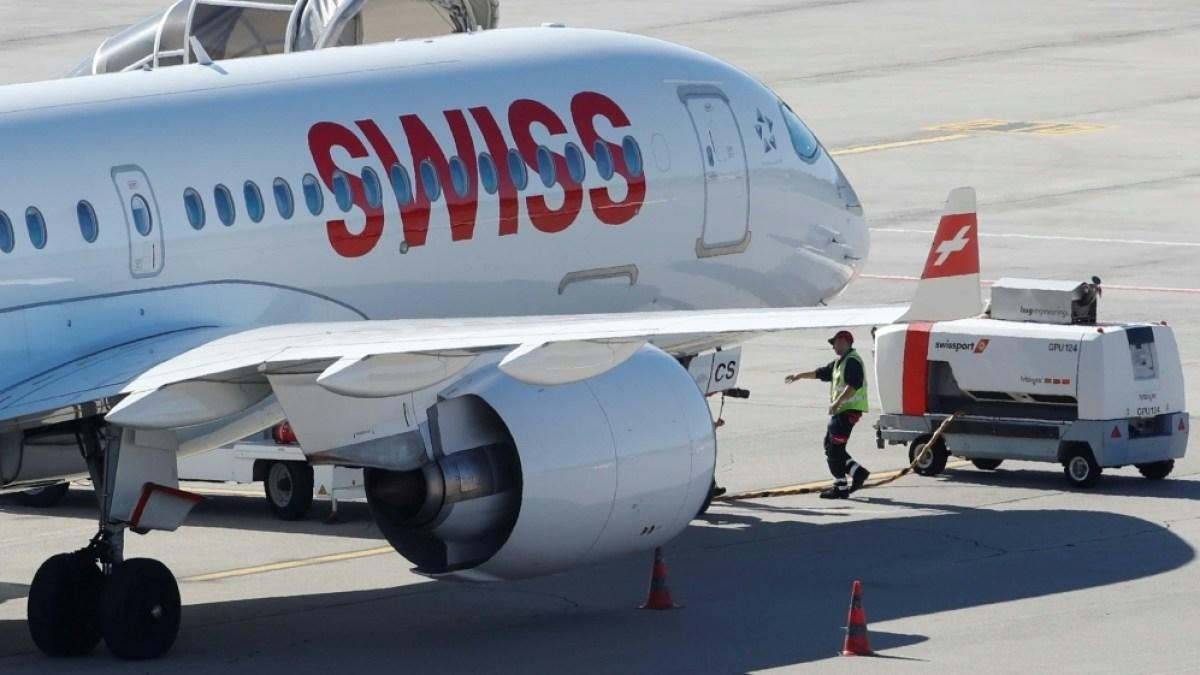
Swiss Grounds Airbus A220-100 Fleet Amid Persistent Engine Issues
Swiss International Air Lines has announced the grounding of its entire fleet of nine Airbus A220-100 aircraft due to ongoing reliability problems with the Pratt & Whitney PW1500G geared turbofan engines. This decision, revealed alongside the airline’s third-quarter financial results, represents a significant operational adjustment for the Swiss flag carrier, which was the launch customer for the aircraft type—originally introduced as the Bombardier CS100—in 2016.
Engine Reliability Challenges and Operational Impact
The grounding follows years of recurring engine difficulties, primarily attributed to corrosion damage caused by a production defect. Although these issues have not posed an immediate safety risk, Swiss CFO Dennis Weber described the situation as “a constant source of effort.” He confirmed that the A220-100s will remain out of service for at least 18 months. During this period, the engines from the grounded aircraft will be cannibalized to support the airline’s larger A220-300 fleet, as both variants utilize nearly identical Pratt & Whitney geared turbofan engines.
Swiss operates 21 A220-300s, with an additional five leased aircraft, all of which have experienced similar engine reliability challenges. To mitigate operational disruptions, the airline has leased extra A220-300s from Latvia’s airBaltic. However, this arrangement has sparked controversy within Switzerland due to the comparatively lower wages paid to Latvian crews. The grounding of the A220-100s is expected to simplify Swiss’s operations and enhance the reliability of its remaining A220 fleet. Weber noted that repurposing the grounded jets for spare engines will reduce operational complexity and may decrease the need for further leasing arrangements.
The impact of these engine issues has been substantial. Swiss’s A220 fleet has experienced a 25% reduction in flight hours between September 2019 and September 2025, underscoring the operational strain caused by the ongoing technical problems.
Industry-Wide Implications and Future Outlook
Swiss is not alone in confronting these challenges. Other carriers, including Spirit Airlines, have reported significant operational disruptions linked to the Pratt & Whitney engines. Spirit received $72 million in credits from the manufacturer as compensation for grounded aircraft. The widespread nature of the problem has compelled Airbus to revise its A220 production targets, now aiming to produce 12 aircraft per month next year to better align with supply chain constraints and customer demand.
Swiss’s CEO has indicated that reliability concerns with the A220’s geared turbofan engines are likely to persist throughout the decade, highlighting the broader implications for the aviation industry. For the foreseeable future, Swiss’s A220-100 fleet will remain grounded, serving as a source of spare parts to maintain the operational capability of the rest of the fleet as the airline navigates this challenging period for its once-promising narrowbody jets.

Malaysia Aviation Group Weighs COMAC C919 Amid Delivery Delays

Miami to Host AeroSummit 2026, Highlighting Aviation Innovation
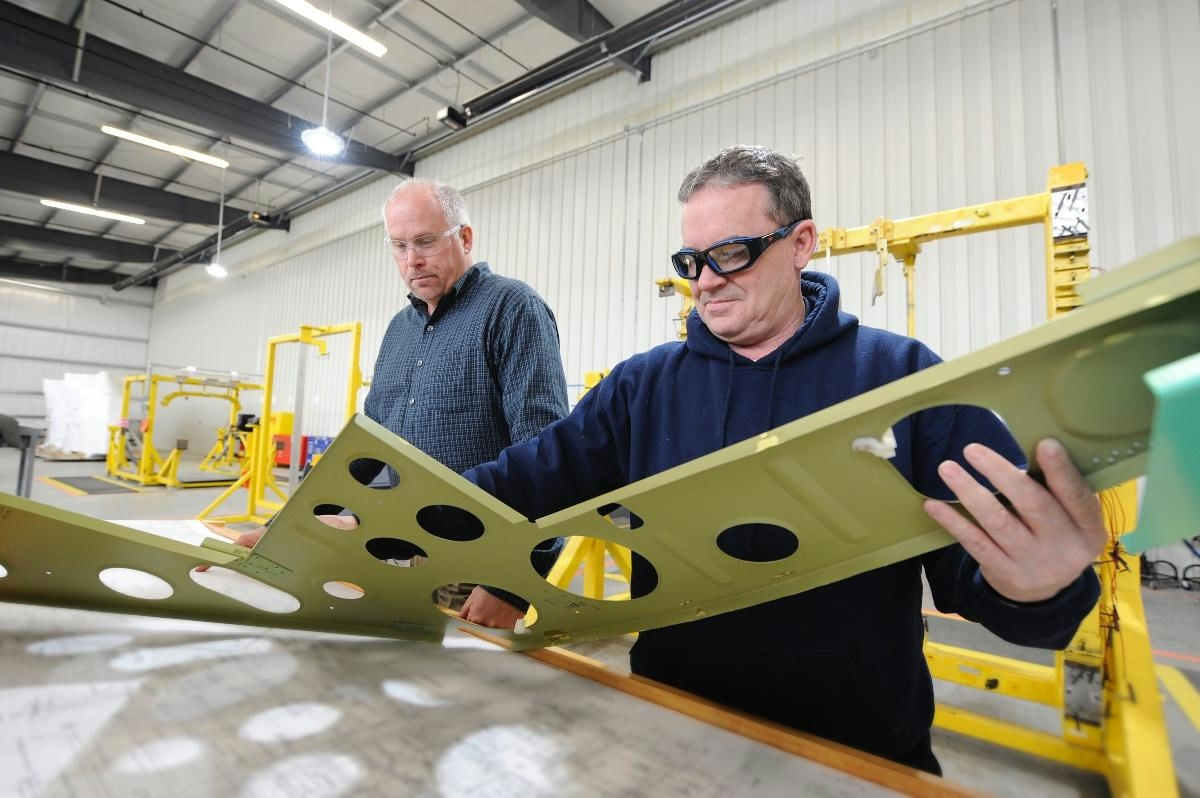
Aloft AeroArchitects Seeks Collaboration with Aviation Industry
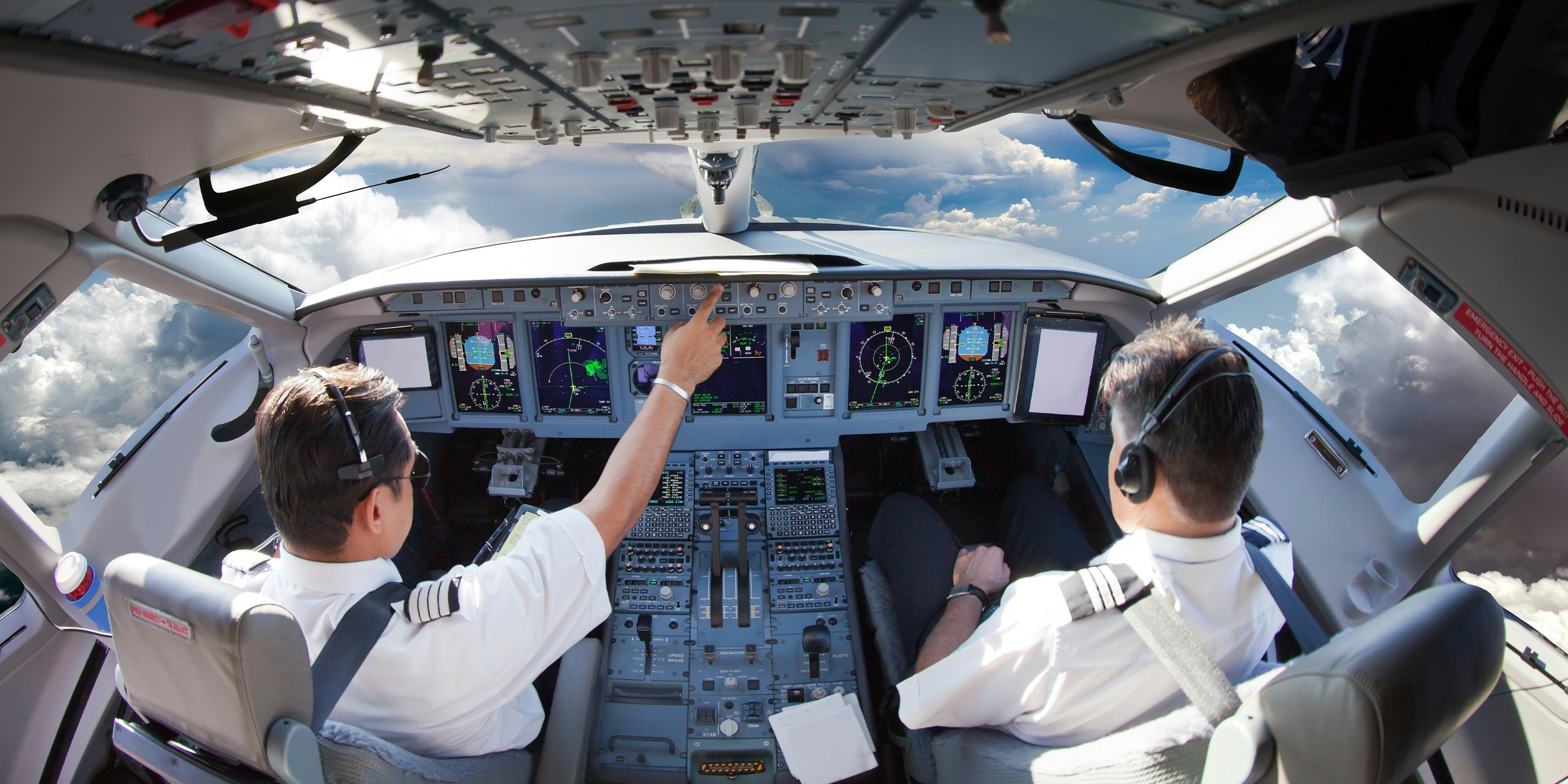
Honeywell Introduces Software to Combat GPS Jamming and Spoofing
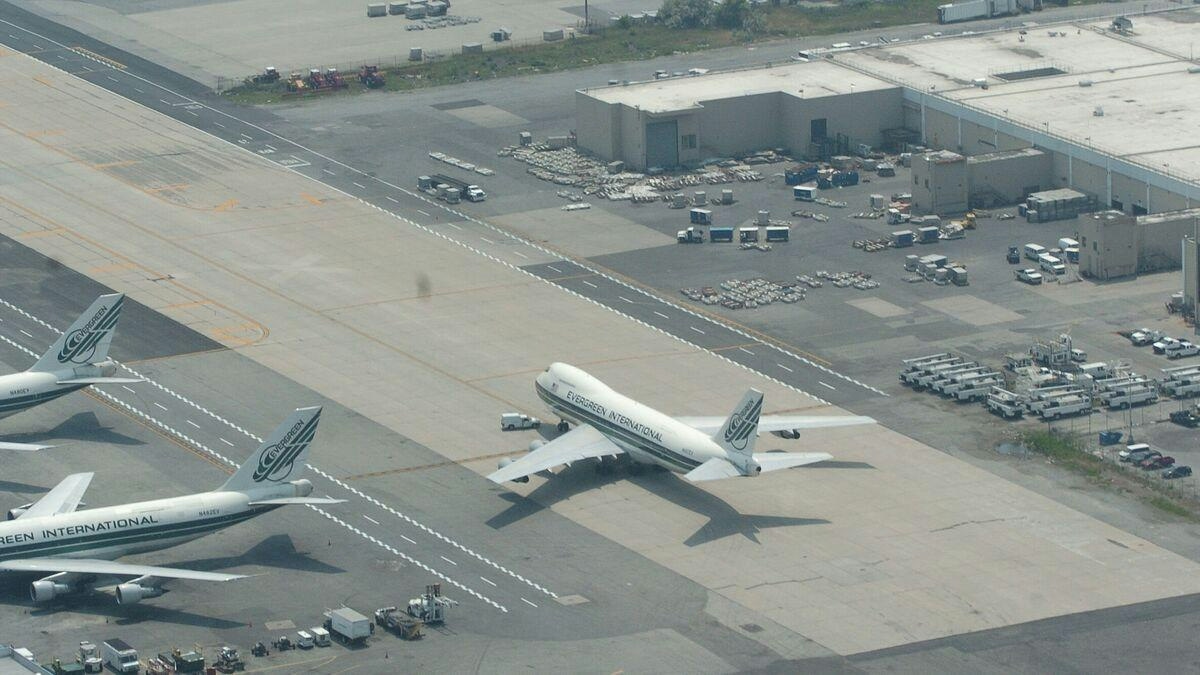
JFK Ground Stop Issued Following Engine Issue on Puerto Rico Flight
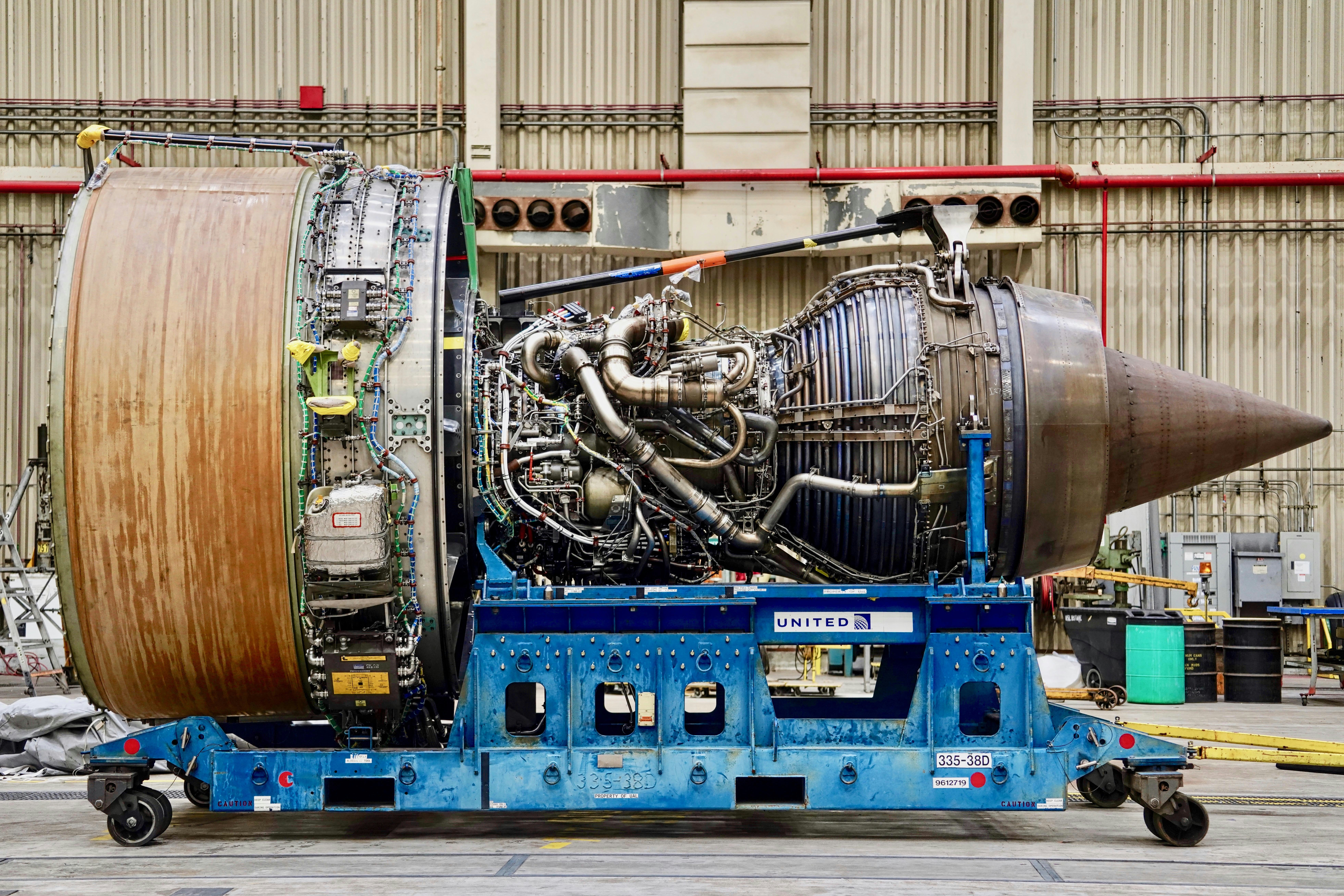
Comparing Rolls-Royce and General Electric Aircraft Engines
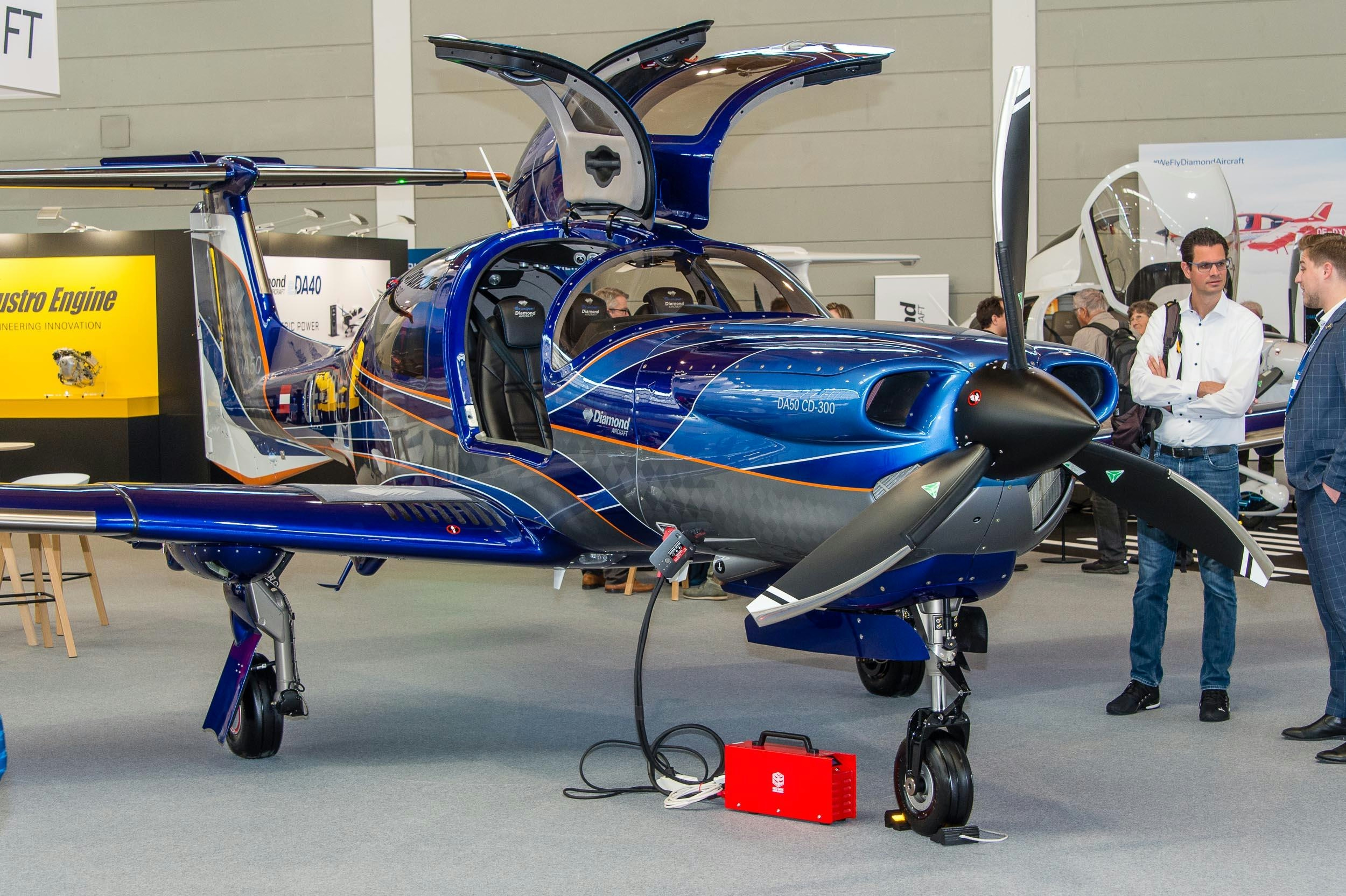
Diamond DA50 RG Receives Transport Canada Certification

Singapore Advances Aerospace Maintenance with 3D Printing
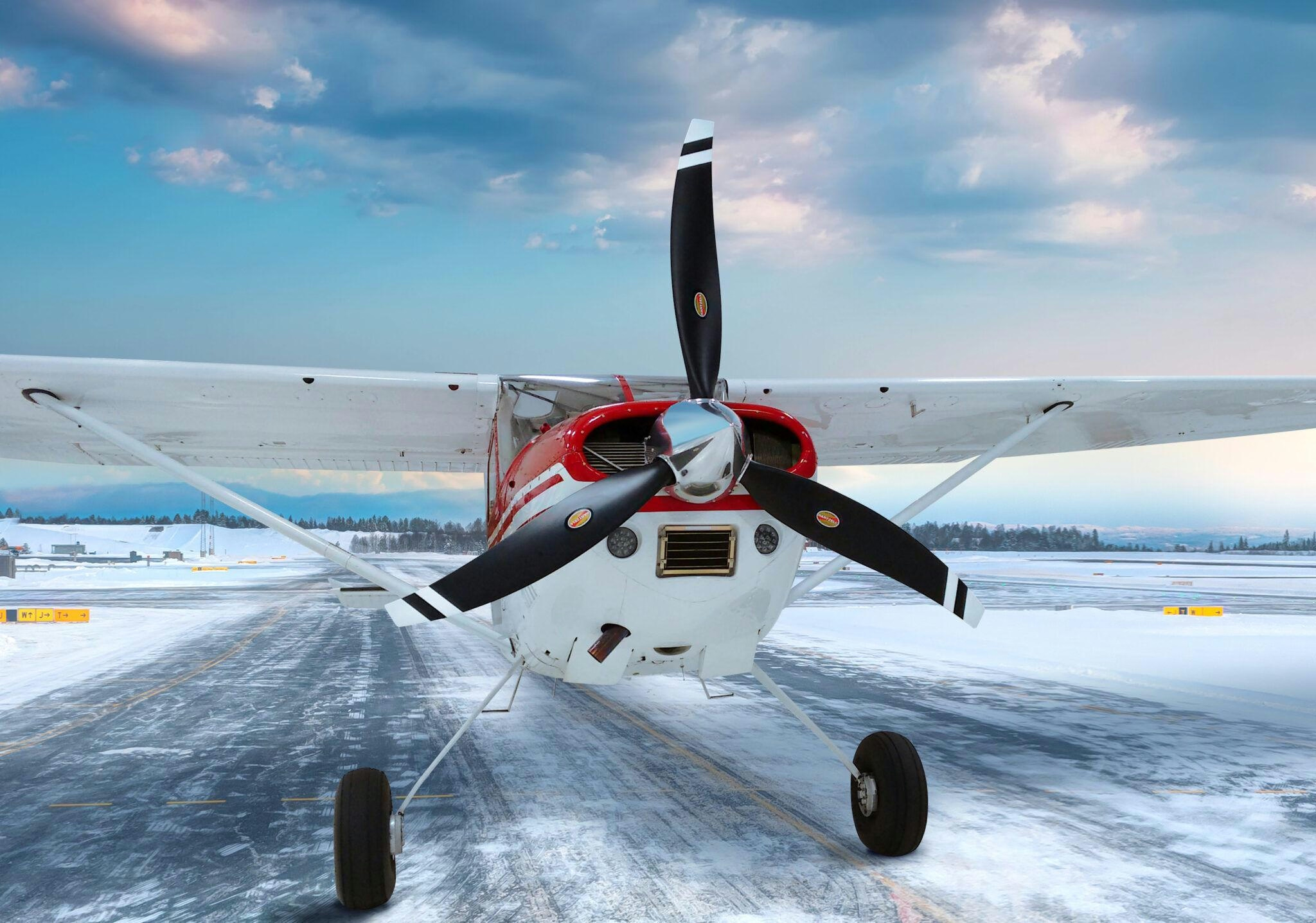
Restored 1960 Cessna 180C Skywagon Highlights Backcountry Aviation
